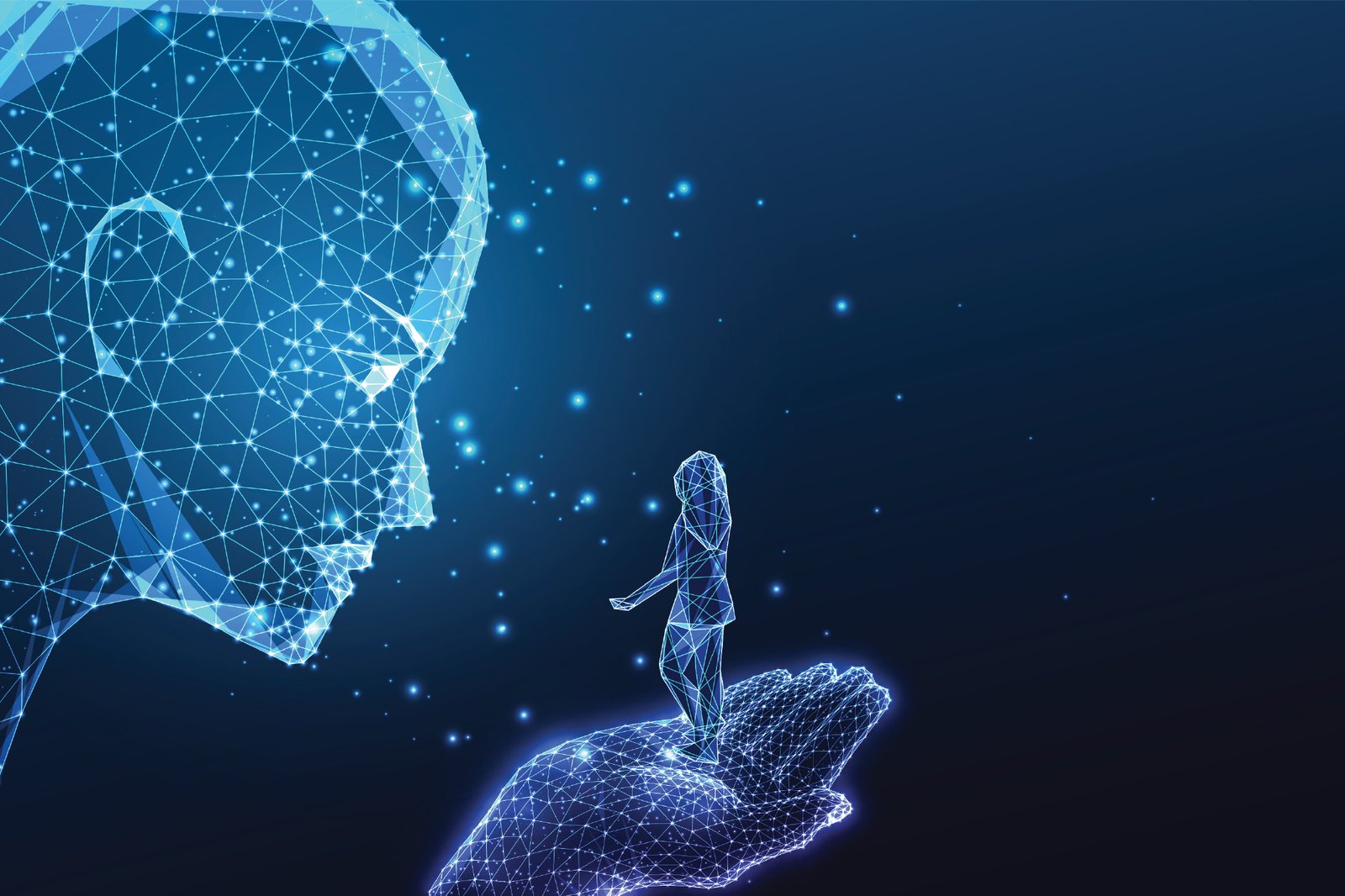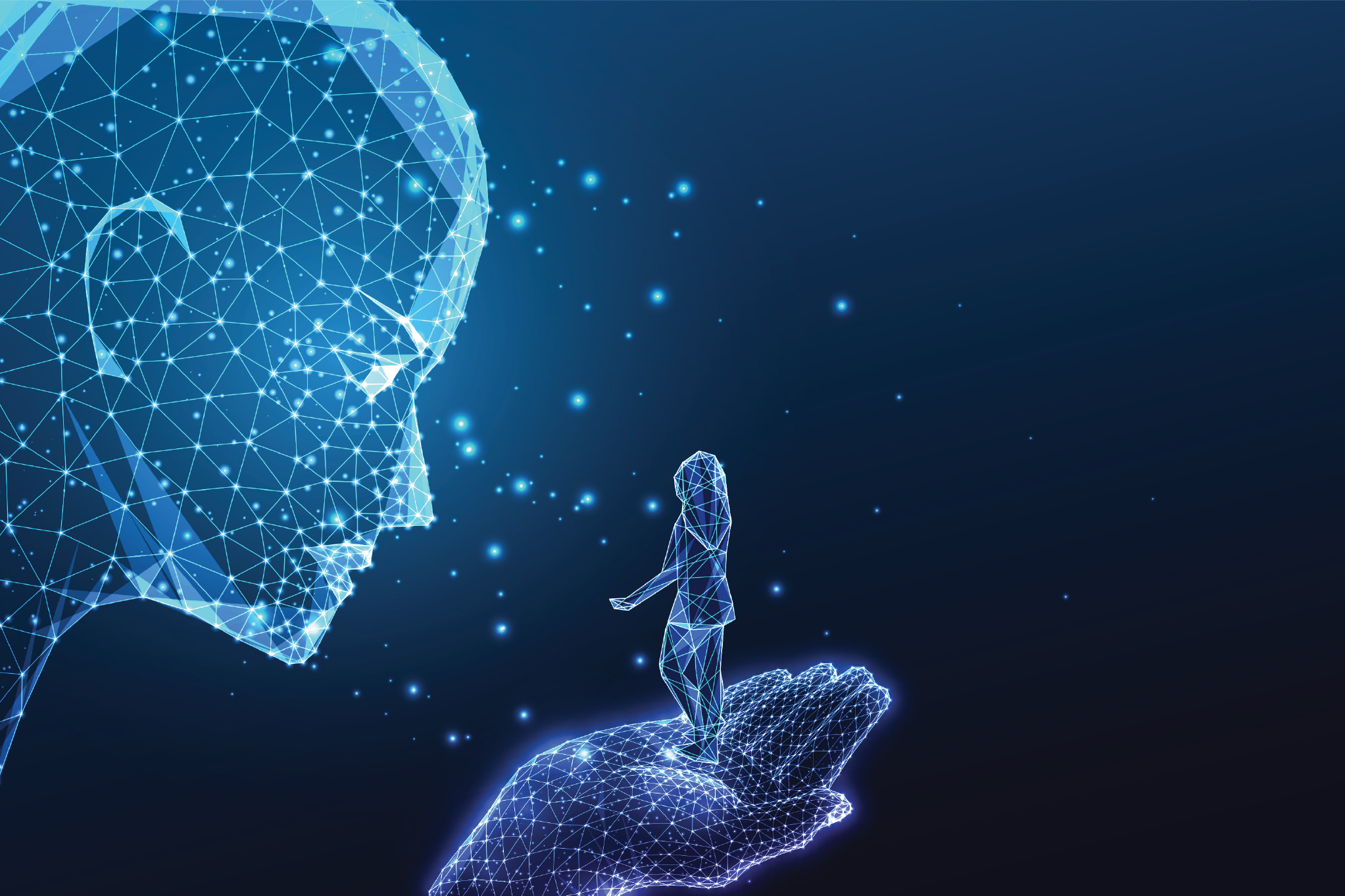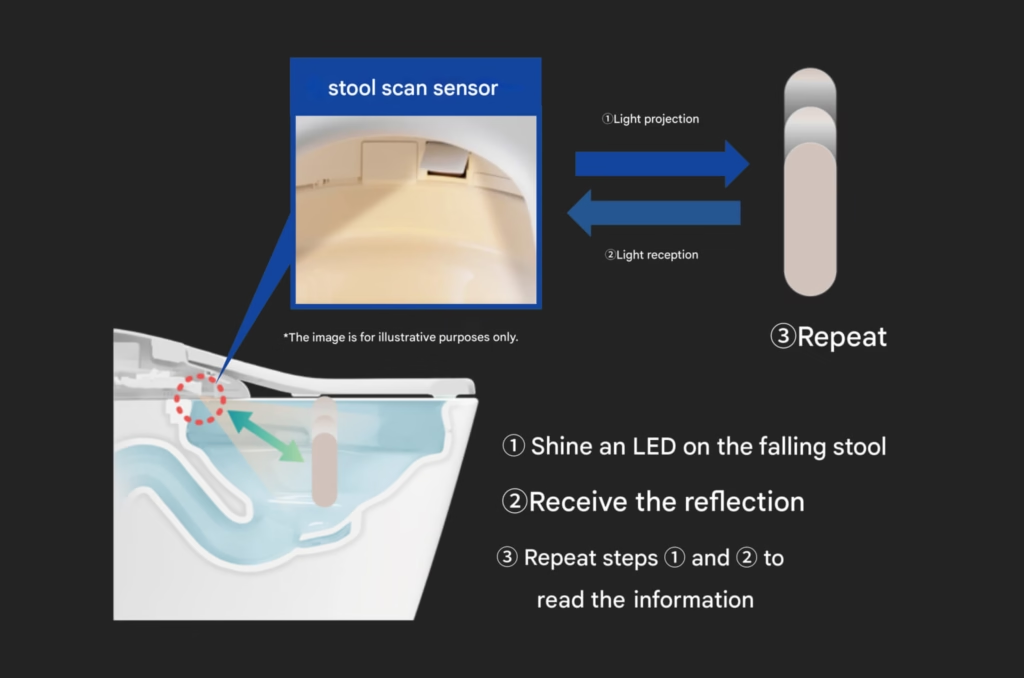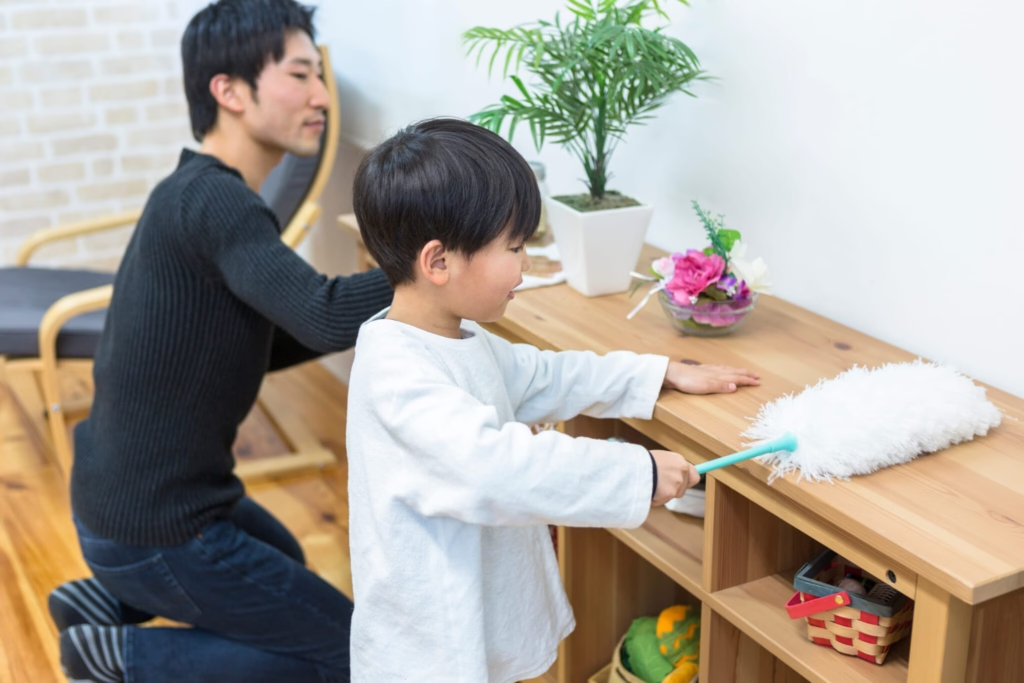Does the future of Japanese relations depend on artificial intelligence?

Japanese people are attracted to fiction. In a country dominated by animation, Japan has long been faced with a strange but obvious trend: people are crazy about fictional characters, from being obsessed with virtual bloggers to buying anime. WaifuThe inability to form real-life relationships highlights a deeper societal problem — declining dating and marriage rates. In this strange digital age, some believe the future of love lies not in flesh and blood but in code and algorithms.
Love in the Anime Era
In Japan, more and more people are seeking solace in the virtual arms of anime characters and virtual bloggers. For many, these digital dalliances offer an escape from the brutal complications of real-life dating. Live-streaming platforms such as Pococha, MixChannel and 17Live turn virtual characters into would-be partners, with fans eager to pay for the artificial sense of connection.
These relationships, while unconventional, fill a void for those who find real-world romance elusive. In a society where traditional dating norms and expectations can often feel insurmountable, many Japanese, especially men, are seeking refuge in the virtual world — and even getting married. Akihiko Kondo, 41, a public school administrator in Tokyo, is married to Virtual character Hatsune Miku in November 2018. Another man named Roy followed suit in 2022.
Jigenkyoku is a company that issues marriage certificates to people who are married to fictional characters. As explained on its website, it is an “unofficial institution that connects the real world with other dimensions, accepts marriage registrations and issues marriage certificates.” Although marriage certificates have no legal effect, Jigenkyoku will issue marriage certificates to people who want them for 8,700 yen each. The company has issued marriage certificates to more than 200 couples.
The site is run by Yasuaki Watanabe, a designer from Matsudo City, Chiba Prefecture, who told Yomiuri Shimbun He is “married” to the anime’s protagonist, Hibiki Tachibana Symphogear.
He told the newspaper: “I fell in love with a character, just like I fall in love with a person.”
2017 National Survey A survey by the Japan Association of Sex Education delved into the issue of sexual behavior among young people and found that about 15% of male respondents (and about the same percentage of female respondents) were romantically attracted to anime and video game characters. Based on responses from 13,000 junior high, high school and college students, these percentages represent about 2,000 young people engaging in what society generally considers non-traditional romantic interests.
This phenomenon often leads to harsh judgment and criticism, and there is widespread opposition in society.
However, one man doesn’t see these pseudo-relationships as problematic, instead seeing them as a natural response to the challenges of modern relationships. Keiji Isomi, founder of a popular Japanese dating app loudly The heads of several other dating platforms see these virtual relationships not as a problem that needs to be eradicated but as an untapped resource with unlimited potential. Isogimi believes these unconventional relationships can be used to solve the wider crisis in Japan’s dating world.
Japan’s dating drought
But what exactly is the crisis in Japan’s dating industry? In short, the dating industry is in decline.
A Polls A survey conducted in September 2023 showed that more than a third of unmarried adults aged 20 to 49 have never been in a relationship. In addition, a quarter of them have no plans to get married at all. Recruit HoldingsThe Institute for Family and Community Research (MED), which has been conducting marriage-related surveys since 2017, said that 34.1% of respondents (male and female) have never been in a romantic relationship, a record high. Among men in their 20s, a whopping 46% admitted to never dating anyone.
The survey showed that the reasons for being single vary, but the huge income gap is an important reason. As inequality in Japanese society widens, the younger and middle-aged generations are increasingly unable to afford dating and marriage. Men, who often suffer financial pressure in romantic relationships, are particularly affected by this reality.
The situation is so worrying that the Tokyo metropolitan government has even stepped in to respond to the crisis, launching the Tokyo Two Stories initiative to combat Japan’s growing loneliness and falling marriage rates. This includes a new dating app, expected to launch in late 2024, aimed at creating long-term relationships.

Embrace AI Cupid
Isogimi, the founder of dating app, said AI could break down the barriers many people face in the traditional dating market.
“Japan’s virtual pseudo-relationships are not a problem,” he said in an interview. Tokyo Weekend. “They are untapped potential.”
Isogimi envisions a future where technology bridges the gap between emotional needs and societal expectations. By leveraging the emotional connections people have with virtual characters, he aims to create AI-powered relationship services that provide real companionship and support.
“I think AI dating can also be a way for people to learn about love and eventually apply it to real life. While it might seem like this could accelerate the problem of falling birth rates, I think it could actually help solve it. By using AI to improve dating skills, people who have never talked to the opposite sex might gain the confidence to form real-life relationships,” he argued.
Isogimi’s vision is more than just theoretical. Inspired by sci-fi romances shewho is actively working to turn a similar vision into reality. she is a 2013 film directed by Spike Jonze, set in the near future where artificial intelligence has evolved to the point where it forms complex emotional bonds with humans. The protagonist, Theodore, develops a relationship with an artificial intelligence operating system named Samantha, who provides him with companionship, emotional support, and intellectual stimulation.
Isogimi sees the film as a blueprint for how AI can be integrated into everyday life to solve real-world problems. she Portraying AI as more than just a tool, but a companion capable of true connection and understanding, this vision aligns with Isogimi’s goal to create AI-driven relationship services that provide real companionship and support to those who struggle with relationships.
By developing an AI companion that can mimic emotions and provide genuine companionship, Isogimi hopes to address the feelings of loneliness and isolation that many people face. He believes that for those who struggle with relationships, AI can address their loneliness by providing them with a viable and feasible alternative and ultimately a solution.
The idea of falling in love with an AI might sound dystopian, but Isogimi draws parallels with the early skepticism about dating apps. “Ten years ago, meeting someone online was considered a weird thing. Now, it’s the norm. I believe in five years, AI relationships will also be accepted,” he asserts.
A new era of relationships
What will the future of human relationships look like? As AI technology advances, the line between virtual and real partners will likely begin to blur, ushering in an era where AI love is not only possible but commonplace.
This doesn’t have to be a dystopian nightmare in which AI hijacks every aspect of human relationships, reducing love to a cold, calculated algorithm. Instead, in a world where traditional relationships are increasingly out of reach, AI could become the digital Cupid we never knew we needed.
I think that viewing this uniquely Japanese phenomenon as a source of untapped potential that can solve uniquely Japanese problems, rather than as a problem, is an innovative approach that is very worthy of attention.


 Anal Beads
Anal Beads Anal Vibrators
Anal Vibrators Butt Plugs
Butt Plugs Prostate Massagers
Prostate Massagers
 Alien Dildos
Alien Dildos Realistic Dildos
Realistic Dildos
 Kegel Exercisers & Balls
Kegel Exercisers & Balls Classic Vibrating Eggs
Classic Vibrating Eggs Remote Vibrating Eggs
Remote Vibrating Eggs Vibrating Bullets
Vibrating Bullets
 Bullet Vibrators
Bullet Vibrators Classic Vibrators
Classic Vibrators Clitoral Vibrators
Clitoral Vibrators G-Spot Vibrators
G-Spot Vibrators Massage Wand Vibrators
Massage Wand Vibrators Rabbit Vibrators
Rabbit Vibrators Remote Vibrators
Remote Vibrators
 Pocket Stroker & Pussy Masturbators
Pocket Stroker & Pussy Masturbators Vibrating Masturbators
Vibrating Masturbators
 Cock Rings
Cock Rings Penis Pumps
Penis Pumps
 Wearable Vibrators
Wearable Vibrators Blindfolds, Masks & Gags
Blindfolds, Masks & Gags Bondage Kits
Bondage Kits Bondage Wear & Fetish Clothing
Bondage Wear & Fetish Clothing Restraints & Handcuffs
Restraints & Handcuffs Sex Swings
Sex Swings Ticklers, Paddles & Whips
Ticklers, Paddles & Whips


















